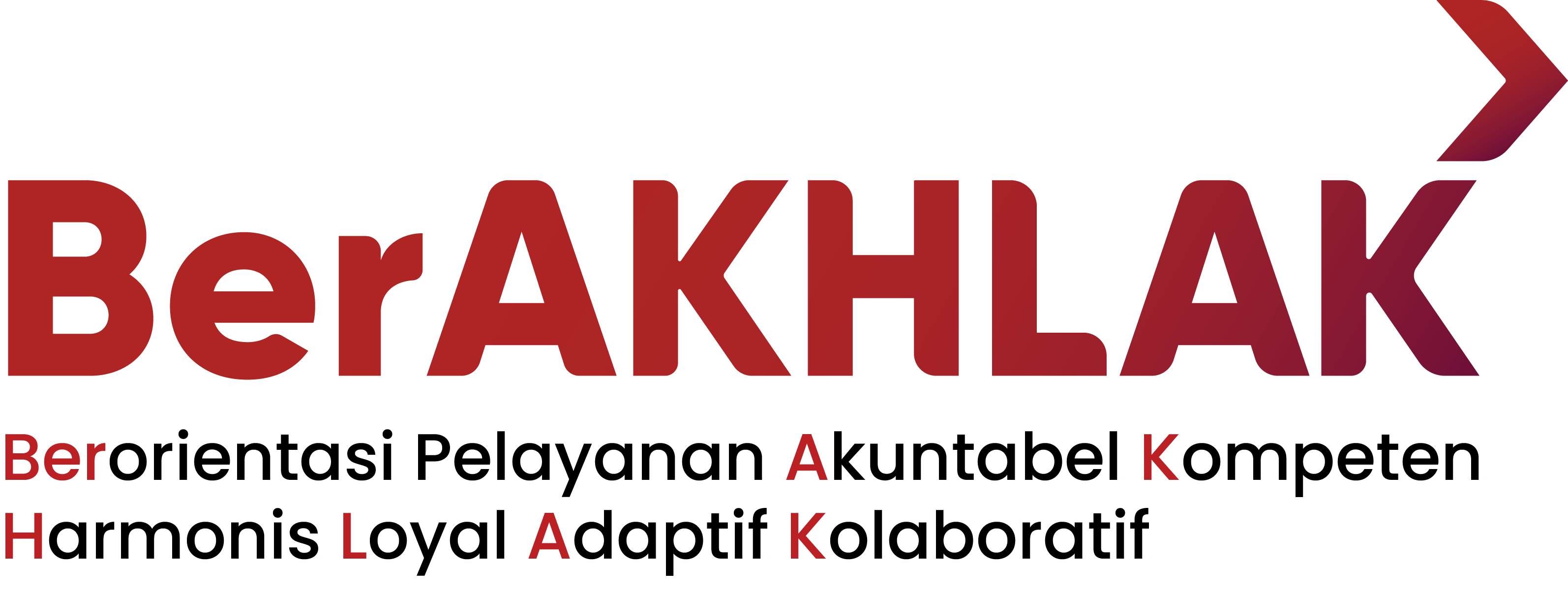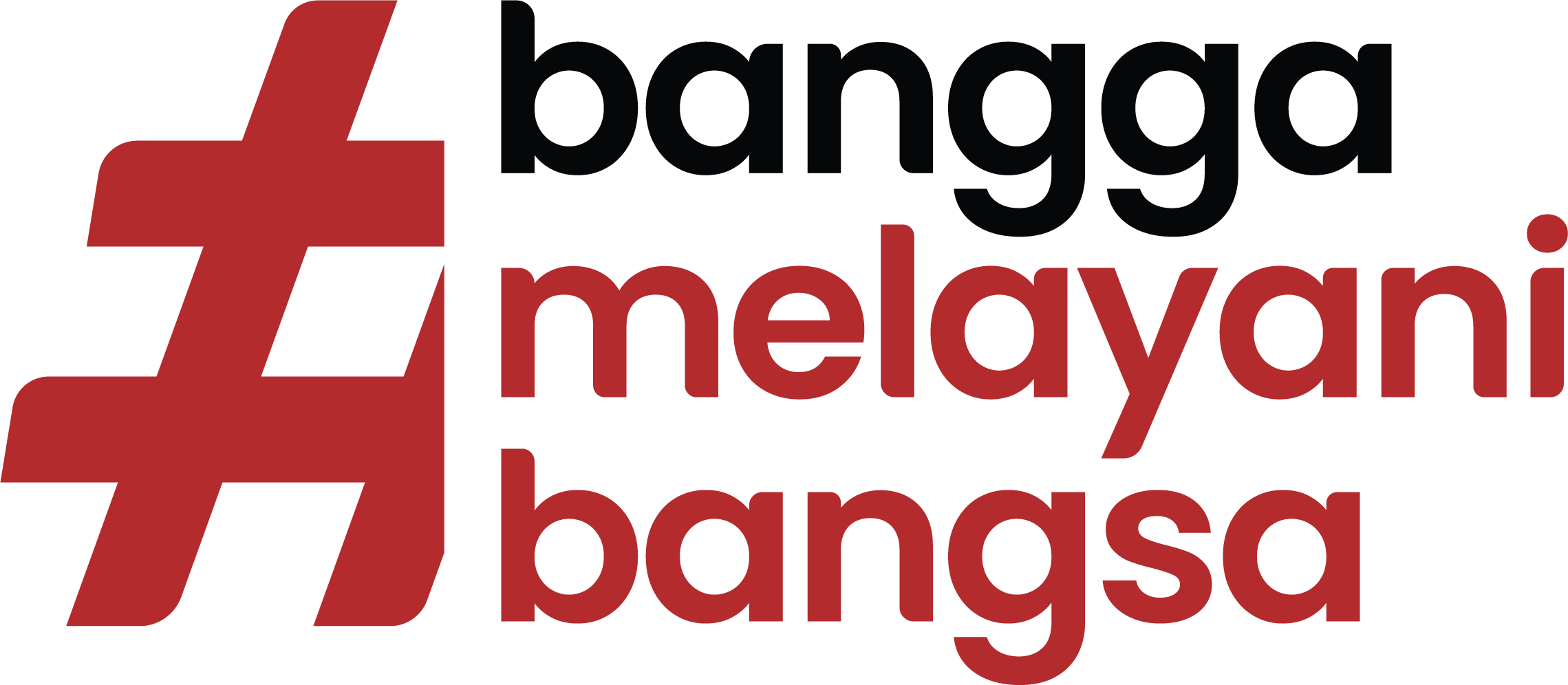Bappenas Holds Meeting With KPK to Coordinate National Corruption Eradication Strategy
Prime News - Wed, 04 December 2024

The Ministry of National Development Planning/Bappenas, in collaboration with the National Team for Corruption Prevention (Timnas PK) of the Corruption Eradication Commission (KPK), held a Coordination Meeting for the 2025-2026 National Strategy for Corruption Prevention (Stranas PK). The meeting focused on integrating corruption prevention and eradication issues into the Technocratic 2025-2029 National Medium-Term Development Plan (RPJMN) as part of the Governance Transformation agenda.
“Corruption prevention and eradication are part of National Priority 7, which emphasizes strengthening political, legal, and bureaucratic reforms, as well as tackling corruption, drugs, gambling, and smuggling. This is one of the 17 national priority programs,” stated Minister of National Development Planning/Head of Bappenas, Rachmat Pambudy, on Wednesday (12/4).
Within the framework of legal and regulatory development, this issue is addressed through the Corruption and Money Laundering Prevention Program (TPPU) under Priority Activity 3: Corruption Prevention. This program includes indicators for the implementation of Stranas PK, which are further detailed into two priority projects, including a game-changer system for corruption prevention in sectors that significantly impact the public and safeguard public resources.
The Ministry of National Development Planning/Bappenas has also proposed the Stranas PK Action Plan to support the Seventh Asta Cita initiative, including a corruption prevention system in strategic sectors such as education, health, agriculture, and forestry. The 2025-2026 Stranas PK Action Plan will align with the planning and budgeting timeline. “The 2025 budget ceiling has been set. For 2026, we are encouraging ministries and agencies to allocate funding within their planning documents,” explained Minister Rachmat Pambudy.
The KPK hopes that all Deputy Units within the Ministry of National Development Planning/Bappenas will actively contribute to the success of this national strategy. This coordination meeting is expected to sharpen corruption prevention efforts, ensuring they are effective and integrated into the national development agenda.


